
CONTENTS
2. Person from the Past: Abraham Lincoln
6. Answer Keys
1. IN THE NEWS THIS WEEK

News item #1: President Donald Trump signs an executive order aimed at lowering drug costs for American consumers, setting a 30-day deadline for the health department to negotiate new drug prices.
Vocabulary
executive order (n.): an official rule or command given by the president or a leader of a country
Example: The president signed an executive order to protect national parks.
consumer (n.): a person who buys or uses goods and services
Example: These days consumers spend more money on online shopping than at retail stores.
deadline (n.): the latest time or date something must be done
Example: The deadline for the project is next Friday.
(to) negotiate (v.): to talk with others to reach an agreement
Example: The two companies are negotiating a new contract.
News item #2: The United States and China reach a preliminary trade agreement, easing global market concerns over escalating tariffs.
Vocabulary:
preliminary (adj.): coming before the main event or action; early or first stage
Example: These are just preliminary results from the survey.
trade agreement (n.): a deal between countries about buying and selling goods
Example: The two nations signed a trade agreement to lower taxes on imports.
(to) ease (v.): to make something less severe or difficult
Example: The government took steps to ease travel restrictions.
escalating (adj.): becoming worse or more intense / (to) escalate (v.): to increase or make something worse, especially a problem
Example (adj.): The escalating conflict worried international leaders.
Example (v.): The argument quickly escalated into a fight.
tariff (n.): a tax on goods brought into a country
Example: The new tariffs made imported cars more expensive.
News item #3: Moody’s Ratings lowers the United States’ credit rating, citing the government’s rising debt, widening deficits, and increased interest payments.
Vocabulary
credit rating (n.): a score or measure of how likely a person or country is to pay back borrowed money
Example: A good credit rating helps people get loans more easily.
debt (n.): money that someone owes to another person, company, or country
Example: After college, she had a lot of student debt to pay back.
deficit (n.): the amount by which money spent is more than money earned
Example: The country is facing a large budget deficit this year.
interest payment (n.): the extra money paid regularly for borrowing money
Example: They struggled to keep up with their monthly interest payments on the loan.
2. PERSON FROM THE PAST: Abraham Lincoln

Video
Facts
- Abraham Lincoln was born on February 12, 1809, in Kentucky.
- He grew up on the American frontier.
- Lincoln served as the 16th President of the United States from 1861 to 1865.
- He led the country through the Civil War, a major conflict over slavery and states’ rights.
- Lincoln delivered the famous Gettysburg Address, honoring fallen soldiers of the Civil War.
- He was known for his honesty, integrity, and commitment to preserving the Union and ending slavery.
- Despite opposition, Lincoln signed the Emancipation Proclamation in 1863.
- The Emancipation Proclamation declared all slaves in territory held by the Confederacy to be set free.
- Lincoln was assassinated in April 1865, just days after the Civil War ended.
- Lincoln is remembered as a symbol of freedom and justice.
- He is celebrated as one of the greatest Presidents in American history.
Vocabulary Exercise
Choose the correct word in parentheses to complete each sentence.
- George Washington’s [residency/presidency] lasted from 1789 to 1797.
- The [Civil War/Hundred Years’ War] was a significant event in American history.
- Honest Abe was known for his [curiosity/integrity] and strong moral principles.
- Despite facing [support/opposition] from many, Susan B. Anthony fought tirelessly for women’s suffrage.
Complete these sentences with words from the text. (Change the forms of the words if needed.)
- Abraham Lincoln grew up on the American __________ .
- Martin Luther King Jr. was deeply __________ to the civil rights movement.
- The United States __________ its independence from British rule in 1776.
- The Louisiana Purchase doubled the size of the United States’ __________ .
(Audio included with the answer key at the end of this lesson)
Are you enjoying this lesson? Support us to keep it free for everyone – click on the “Donate” button …
… or go to this page:
https://donorbox.org/english-class-this-week
3. THIS WEEK IN HISTORY
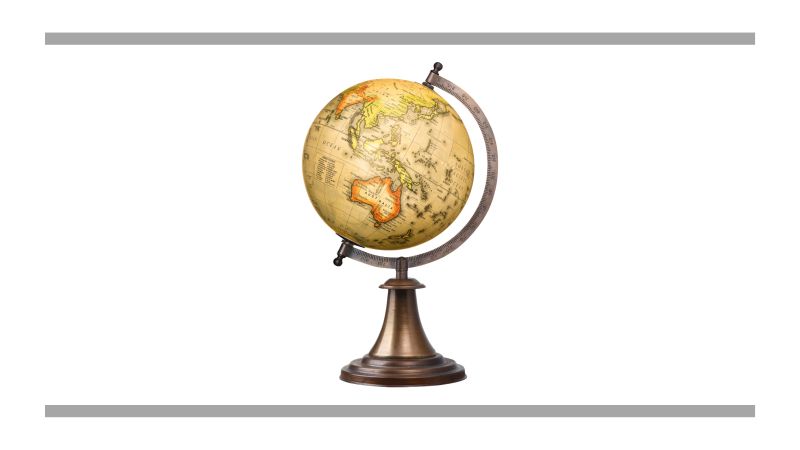
12 May 907: Emperor Ai, last emperor of the Tang dynasty of China, abdicates, ending the Tang dynasty after nearly three hundred years of rule.

Vocabulary
emperor (n.): a sovereign ruler of great power, especially over an empire
Example: The emperor ruled over vast lands stretching across Asia.
dynasty (n.): a series of rulers from the same family
Example: The Ming Dynasty ruled China for nearly 300 years.
(to) abdicate (v.): to give up a position of power, especially as a monarch
Example: The king decided to abdicate the throne and live in exile.
(to) rule (v.): to govern or have authority over a country or people
Example: The king ruled the country for over forty years.
13 May 1846: The United States declares war on the Federal Republic of Mexico following a dispute over the American annexation of the Republic of Texas and a Mexican military incursion.
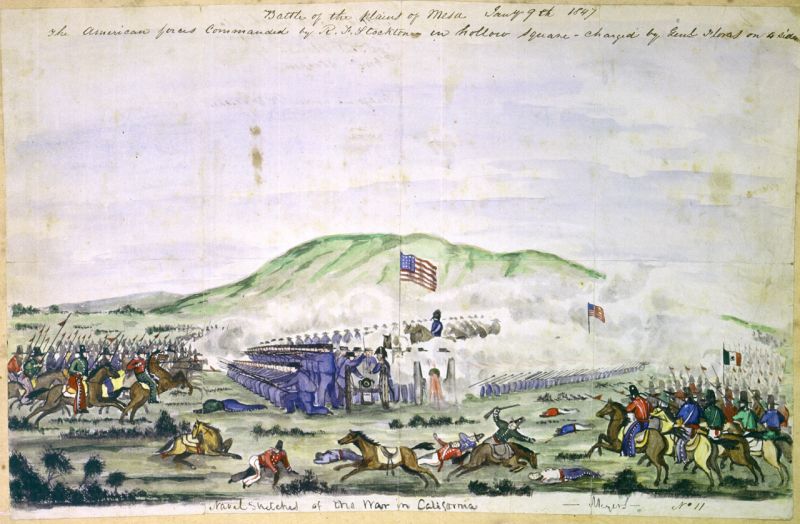
Vocabulary
(to) declare war (phr.): to officially announce the start of war against another country
Example: The country declared war after its embassy was attacked.
dispute (n.): a disagreement or argument
Example: The two countries had a long-standing border dispute.
annexation (n.): the act of taking control of a territory and adding it to another country
Example: The annexation of the region was condemned by the international community.
military incursion (n.): a brief invasion or attack by armed forces into another territory
Example: The military incursion lasted only a few hours but caused heavy damage.
14 May 1878: The last witchcraft trial held in the United States begins in Salem, Massachusetts, after Lucretia Brown accused Daniel Spofford of attempting to harm her through his mental powers.
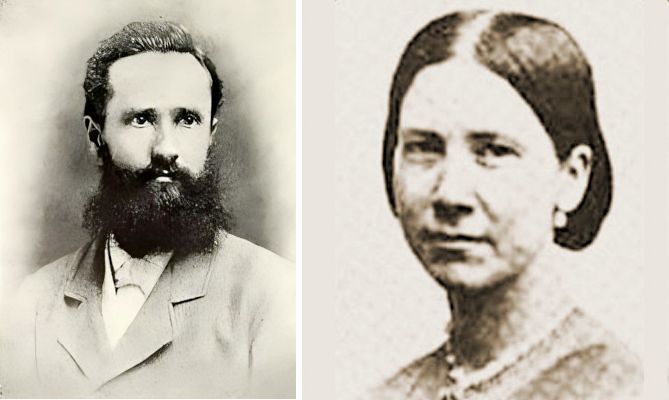
Vocabulary
witchcraft (n.): the practice of magic, especially involving communication with the supernatural
Example: In the 1600s, many people were accused of witchcraft and put on trial.
(to) accuse (v.): to say that someone has done something wrong or illegal
Example: The police accused him of stealing the car.
mental powers (n.): abilities of the mind, such as memory, reasoning, or extrasensory perception
Example: She claimed her mental powers allowed her to read people’s thoughts.
15 May 2008: California becomes the second U.S. state after Massachusetts in 2004 to legalize same-sex marriage after the state’s own Supreme Court rules a previous ban unconstitutional.

Vocabulary
(to) legalize (v.): to make something lawful or officially allowed
Example: The government voted to legalize the sale of medicinal marijuana.
same-sex marriage (n.): a marriage between two people of the same gender
Example: Same-sex marriage was legalized in the country after years of activism.
(to) ban (v.): to officially prohibit something
Example: The government decided to ban single-use plastic bags.
unconstitutional (adj.): not allowed under a country’s constitution
Example: The court ruled the law to be unconstitutional.
16 May 1888: Nikola Tesla delivers a lecture describing the equipment which will allow efficient generation and use of alternating currents to transmit electric power over long distances.
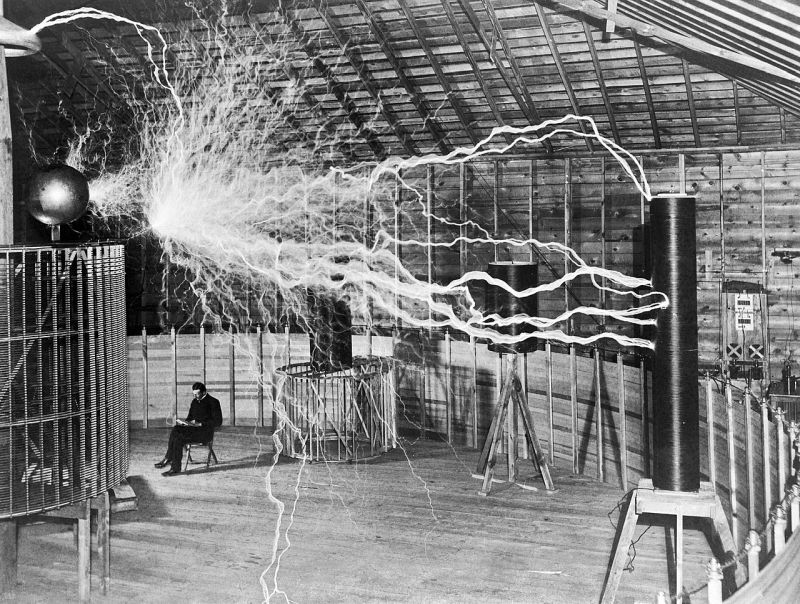
Vocabulary
lecture (n.): a formal talk on a subject, typically given to students or an audience
Example: The professor gave a lecture on the causes of World War I.
equipment (n.): the necessary tools, machinery, or other items for a particular purpose
Example: The lab had all the equipment needed for chemical experiments.
generation (n.): the production or creation of something
Example: Nuclear power plants are important for sufficient generation of electrical power.
alternating currents (n.): an electric current that reverses direction periodically
Example: Most homes use alternating currents to power appliances.
(to) transmit (v.): to send or pass something from one place to another
Example: The radio tower transmits signals across the entire region.
4. GRAMMAR FOCUS
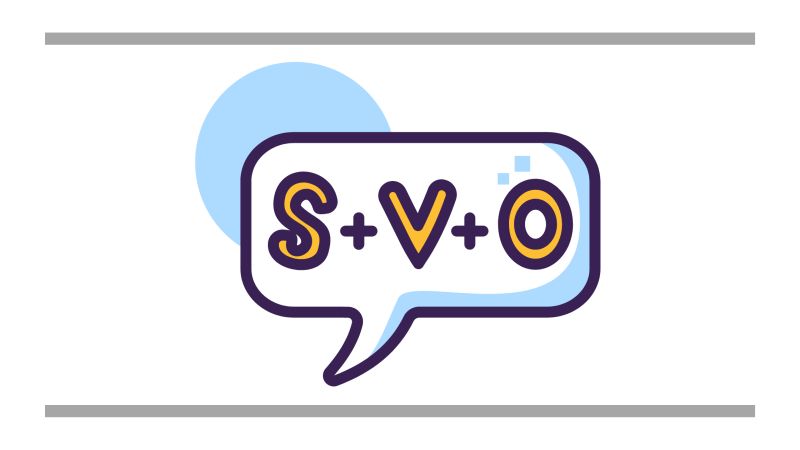
Simple Present Tense: Nikola Tesla generates interest in electric power through his revolutionary ideas.
Present Continuous Tense: Nikola Tesla is explaining how alternating current can efficiently transmit electricity over long distances.
Present Perfect Tense: Nikola Tesla has invented new equipment that changes the way we use electric power.
Present Perfect Continuous Tense: Nikola Tesla has been working on ways to generate and transmit electricity more efficiently.
Simple Past Tense: Nikola Tesla delivered a lecture in 1888 that introduced the concept of alternating current to a wider audience.
Past Continuous Tense: During the lecture, Tesla was demonstrating the use of alternating currents to transmit power.
Past Perfect Tense: Before Tesla’s lecture, few people had understood how alternating current could revolutionize electric power.
Past Perfect Continuous Tense: Tesla had been experimenting with AC power for years before he publicly shared his findings.
Simple Future Tense: Nikola Tesla’s ideas will change the future of electricity around the world.
Future Continuous Tense: In the coming years, engineers will be using Tesla’s concepts to build new power systems.
Future Perfect Tense: By the end of the century, Nikola Tesla will have influenced nearly every aspect of how we generate and use electricity.
Future Perfect Continuous Tense: By 1900, Nikola Tesla will have been developing AC systems for over a decade.
First conditional: If Nikola Tesla continues to improve his alternating current system, he will revolutionize the way electric power is used around the world.
Second conditional: In the 1880s, many people thought: “If young Mr. Tesla abandoned some of his ideas, he would find more financial support from men like Mr. Edison.”
Third conditional: If Nikola Tesla had received more financial support from investors, he would have developed even more groundbreaking technologies.
5. QUOTE OF THE WEEK

“If you talk to a man in a language he understands, that goes to his head. If you talk to him in his own language, that goes to his heart.” – Nelson Mandela
6. ANSWER KEYS

Vocabulary Exercise
Choose the correct word in parentheses to complete each sentence.
- George Washington’s [residency/presidency] lasted from 1789 to 1797.
- The [Civil War/Hundred Years’ War] was a significant event in American history.
- Honest Abe was known for his [curiosity/integrity] and strong moral principles.
- Despite facing [support/opposition] from many, Susan B. Anthony fought tirelessly for women’s suffrage.
Complete these sentences with words from the text. (Change the forms of the words if needed.)
- Abraham Lincoln grew up on the American frontier.
- Martin Luther King Jr. was deeply committed to the civil rights movement.
- The United States declared its independence from British rule in 1776.
- The Louisiana Purchase doubled the size of the United States’ territory.
That’s it for English class this week! See you next Friday!
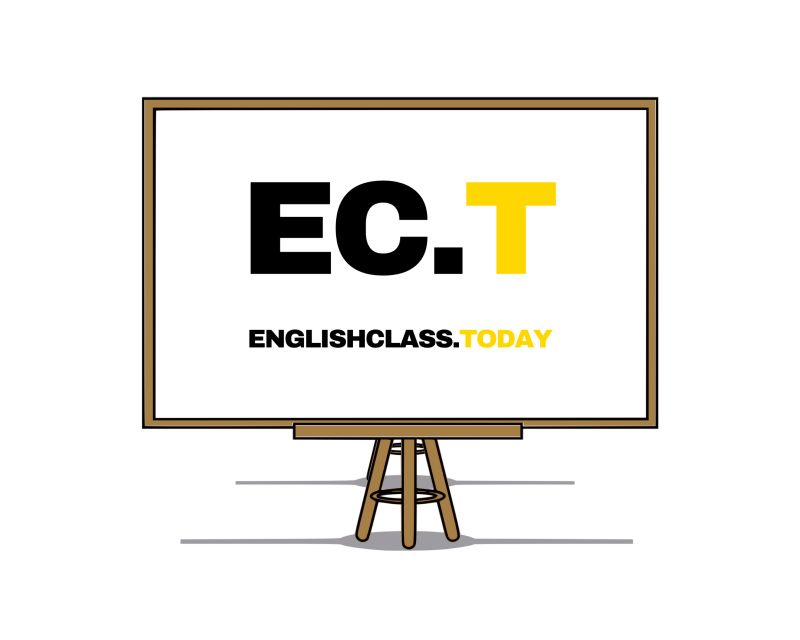
Did you enjoy this lesson? Support us to keep it free for everyone – click on the “Donate” button …
… or go to this page:
https://donorbox.org/english-class-this-week
 Donate
Donate